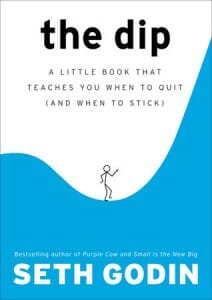Here’s a question I often hear as a communications consultant. Is it a question you’d ask? Would you like to hear the answer?
“My nonprofit organization is on Facebook and Twitter and even Instagram, but we don’t really know why. Everybody’s doing it, I guess. But what can we get out of it?”
If that sounds like your organization, then you should sign up for a free webinar: No Nonsense Social Media. Tripp Braden and I will be hosting it next Wednesday, January 21, at 2:00 EST.
Here are some of the things I know already we’ll be discussing:
1. What nonprofits most frequently ask me about social media
2. The big question you should be asking yourself instead
3. Why your supporters spend time on social media
4. Are you cuter than a cat video? Are your supporters as loyal as a dog?
5. The unique advantage that lets community-based nonprofits rock social media
Tripp will also ask me some questions of his own, and I’m looking forward to hearing those.
But some of the most important things we’ll be talking about during the No Nonsense Social Media webinar will be a surprise to me. That’s because we’ll be leaving plenty of time for your questions.
We know the challenge nonprofits face when trying to use social media. Let’s face it, you didn’t start working for a cause because you wanted to learn about social media. Your mission is what matters to you.
It matters to Tripp and me, too. Tripp is an executive coach who has works with many foundations, nonprofits, corporate foundations, and privately held businesses to create their best funding strategies for special projects and annual fund development. His corporate partners give in excess of a billion dollars per year to support philanthropic work around the globe.
He is actively involved in using social media to build stronger, more engaged communities. Tripp is actively involved in helping entrepreneurs decide what causes they can get more involved with upon retirement and before. He currently hosts two online journals that have over 132,000 leaders in their communities.
I worked as a senior manager at an anti-poverty agency for nine years. Through my practice at Communicate! Consulting, I dream of putting great communications within reach of every nonprofit organization. Communications is the “easy button” you can press for visibility, volunteer and Board recruitment, and fundraising. That includes social media, and I want you to know how to make those media your own.
You will get the chance to ask your most pressing questions about social media and get thoughtful, informed answers from people who understand the nonprofit sector. Just take a moment right now and sign up for the No Nonsense Social Media webinar.
Talk to you there!


